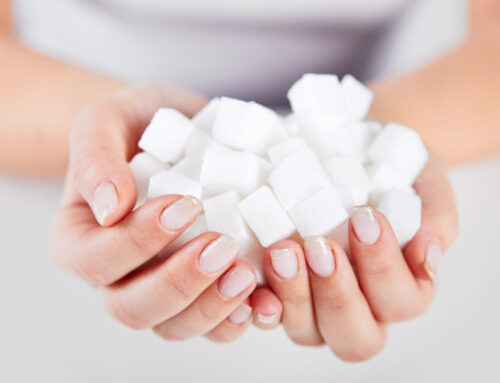By Dr. Kathleen Regan, Naturopathic Doctor
We are coming up to that time of year, the dreaded cold & flu season! Staying healthy can be simpler than you think with a few small lifestyle changes.
Not getting sick ‘in years’ is not necessarily a healthy sign.
While getting sick too frequently is often a sign of immune deficiency, not getting sick EVER is also a sign that your immune system is deficient. Immunosuppression caused by certain medications, low-grade infections or immune reactions, advanced age and stress can lead to an immune system that is too weak to fight. This can predispose us to chronic disease, as the system is more vulnerable to chronic inflammation and irritation.
A cold or flu that occurs once per year or every two years and that lasts a maximum of 7-10days without dragging on is a sign that your immune system is mounting a healthy response to illness.
So don’t sweat it when fever strikes! Learn to manage your symptoms and know that it will soon pass. Stay positive and remember, fighting a flu or two is how your immune system learns.
If you literally, NEVER get sick, consider some immune support like the Deep Immune formula at Innate.
Food Matters
During our busy, busy days – we often forget to eat or eat on the go. This can lead to an imbalance in nutrients and especially macronutrients (proteins, fats, carbohydrates). It is important to understand how each of these macronutrients protects the immune system.
Low Protein = Immune Deficiency. If you don’t get enough protein (often because you are skipping meals or because you have removed animal protein and haven’t upped vegetarian protein) you can suffer from an immune deficiency. You may be prone to recurrent infections or suffer from a cold or flu that never goes away. Energy and mood may be low. This is because protein forms the building blocks for the immune system. Be mindful to include protein at each meal.
Low Fat = Immune Confusion. If your diet excludes fish, nuts, seed or other healthy fats you may have a deficiency of fatty acids. Healthy fats are essential for a balanced immune system. A fatty acid deficiency can contribute to a misguided immune response ranging from simple allergies to autoimmune disease. Consider adding a good quality fish oil into your daily routine.
Low Carb = Immune Weakness. It is far too common these days to see a carbohydrate deficiency in the health savvy city dweller. That is because of the popularity of the paleo and ketogenic diets that promote low carbohydrate consumption. While it is true that high carb (and high sugar) diets can have a negative impact on the immune system, low carb diets prevent the body from accessing fuel needed to recover from physical and mental stress. One example of this comes from research on athletes who restrict carbohydrates and become more prone to delayed recovery and illness. Why? Low carbohydrate diets tend to be too low in calories. And if there is no fuel in the metaphorical tank… it won’t run! So, if you are working on a low carb diet, make sure you consult a professional on how to balance your diet so you get enough fuel (Hint – protein is not a source of fuel, you will need to increase your fats significantly and maintain some type of carbohydrate).
Yes. You can ‘catch a cold’!
Stay warm folks. Especially during the seasonal transitions where we flip flop between warm and cool days. Make sure you bring clothes to protect you during temperature drops. The immune system does not function well when body temperature drops significantly. Body temperature matters for all the intricate biological and chemical reactions that go on inside of us – and when we are too cold, we are prone to illness. So keep something warm on hand. Or, after catching a chill, warm up with a bath or cup of tea.






